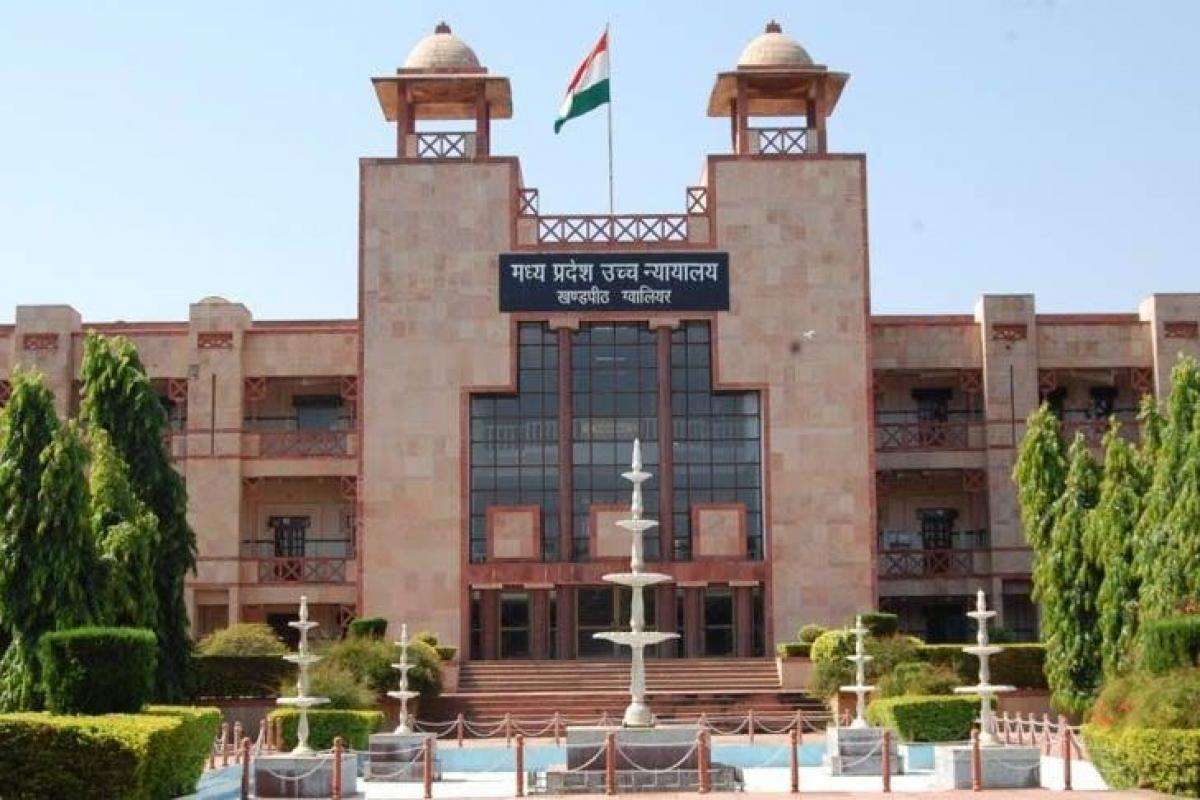The Madhya Pradesh High Court on 12 December issued a notice to the Central government in a petition challenging provisions of the Waqf Act, 1995 stating that the law is against secularism, unity, and integrity of India.
The notice was issued by Justice Rajendra Kumar Verma on the submission made by the counsel that no other petition on the same subject matter is pending in any other forum.
As per the petitioner, the word “Waqf” is not mentioned anywhere in the Constitution, and it is made under the garb of managing waqf properties, with no corollaries for other communities. Furthermore, the Act has been enacted on the basis of religion only and is against the basic tenets of Articles 14 and 15.
“Waqf board which has Muslim MLA, Muslim MP, Muslim IAS officer, Muslim town planner, Muslim advocate, Muslim scholar, Mutawallis; are paid from the public exchequer, though Centre doesn’t collect even one rupee from any mosque Mazar dargah. On the other hand, states collect around one lac crore rupees from four lac temples but there are no similar provisions for Hindus …” the petitioner stated.
The power of the civil court to determine the issues relating to the title has been taken away by creating a Waqf tribunal under s.83 as a substitute, which consists of only one judicial member, the petitioner further stated.
“Moreover, parliament has no power to establish tribunals beyond the scope of article 323-a. It is apparent that the matters enumerated in article 323-a do not attract property disputes relating to charitable and religious properties,” the petitioner submitted. The Waqf board cannot decide complicated questions of civil disputes relating to title and possession of the property,” the petitioner added.














